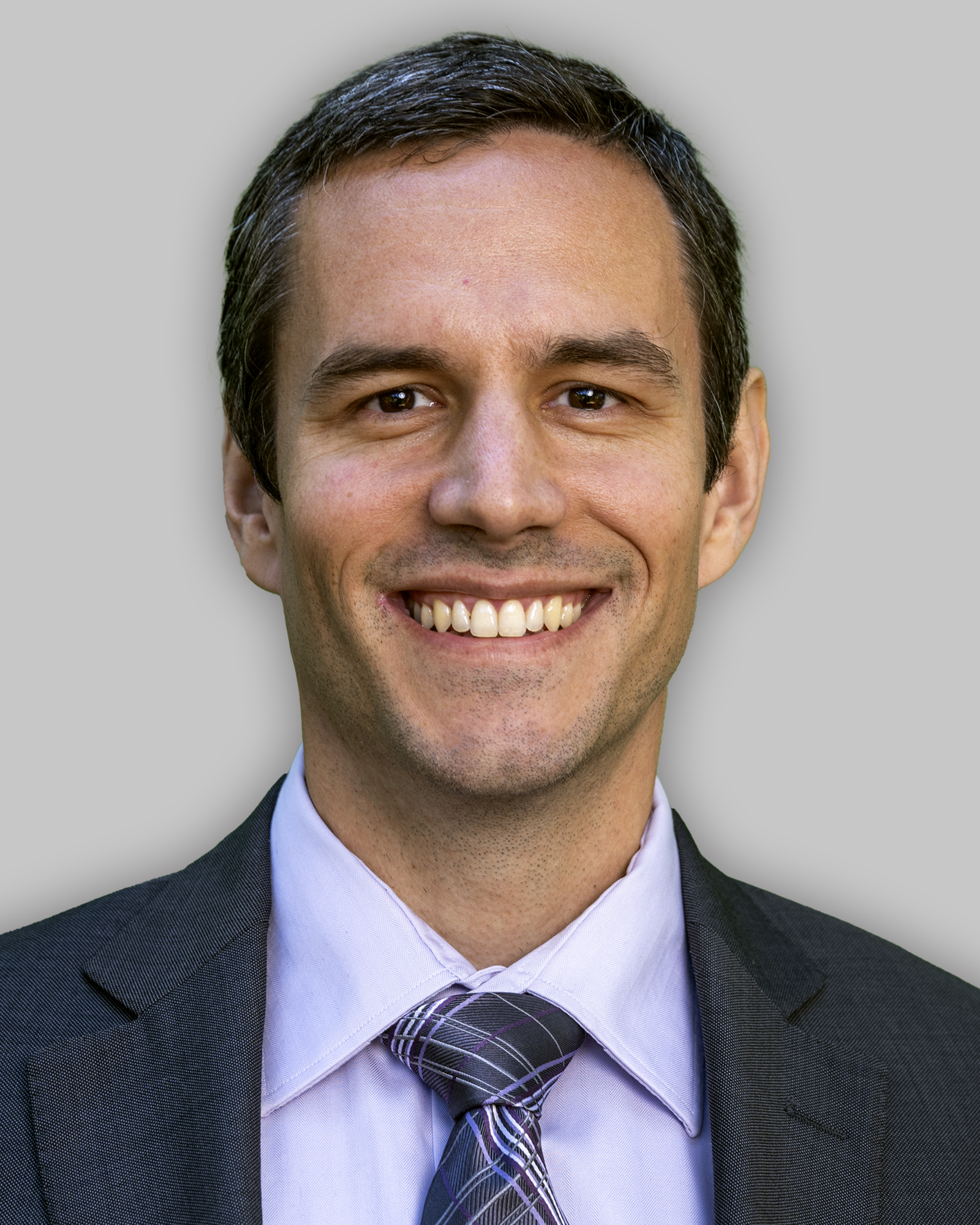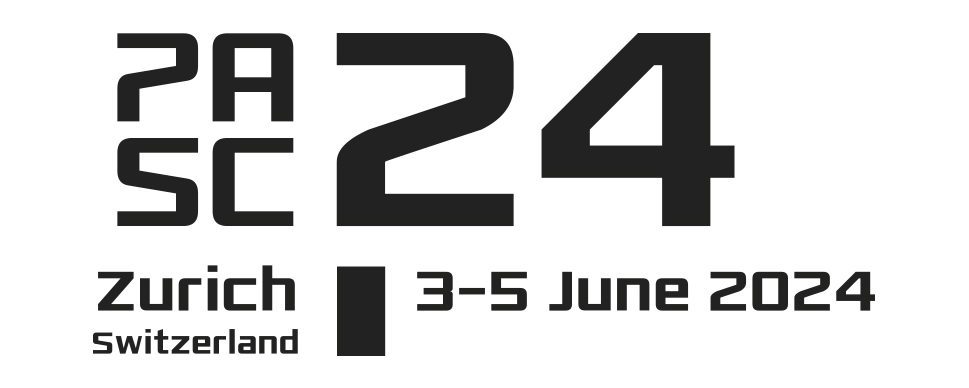Keynote Presentations
Opening Lecture PASC24 Conference
Machine Learning for Accelerating Simulation and Scientific Computing
Fei Sha (Google Research, USA)
Leveraging large-scale data and accelerated computing systems, statistical learning has led to significant paradigm shifts in many scientific disciplines. Grand challenges in science have been tackled with exciting synergy between disciplinary science, physics-based simulations via high-performance computing, and powerful learning methods.
In this talk, Fei Sha will describe two vignettes of our research in this theme: probabilistic generative AI technology for uncertainty quantification, and closure modeling. He will also demonstrate how those technologies can be effectively applied to weather and climate, addressing crucial problems in those areas.
Note: The research work presented in this talk is based on joint and interdisciplinary research work of several teams at Google Research.
Fei Sha is currently a research scientist at Google Research, where he leads a team of scientists and engineers working on scientific machine learning with a specific application focus towards AI for Weather and Climate. He was a full professor and the Zohrab A. Kaprielian Fellow in Engineering at the Department of Computer Science, University of Southern California. His primary research interests are machine learning and its application to various AI problems: speech and language processing, computer vision, robotics and recently scientific computing, dynamical systems, weather forecast and climate modeling. Dr. Sha was selected as an Alfred P. Sloan Research Fellow in 2013, and also won an Army Research Office Young Investigator Award in 2012. He has a Ph.D in Computer and Information Science from University of Pennsylvania and B.Sc and M.Sc from Southeast University (Nanjing, China).
Additional information about Fei Sha’s scholastic activities can be found at his microsite at http://feisha.org.
PASC24 PUBLIC LECTURE
This event is free of charge and open to the general public. The lecture is given in English.
Triple Whammy: Exploring the Effects of Prescribed Fire and Rising Temperature on Tick-borne Diseases
Folashade Agusto (University of Kansas, USA)
Recently tick ranges have been expanding due in part to rising temperatures as consequences of climate change, increasing the risk of tick-borne illnesses, and necessitating practical ways of managing tick populations. Prescribed fires is a commonly used land management practice that is time and cost efficient. This lecture will discuss the effects of prescribed fire intensity (low and high) and the duration between burns on the prevalence of tick-borne illnesses as temperature rises, and explore the effect of prescribed burns on the establishment of ticks into new areas. The results indicate that prescribed fire intensity has a larger impact in reducing disease prevalence than the frequency between burns. Infrequent burns, however, are ineffective at preventing tick establishment since populations can recover quickly following a burn, while frequent long-term prescribed burns can slow and possibly prevent tick establishment into new areas.
Folashade Agusto is an applied mathematician in Ecology and Evolutionary Biology Department at the University of Kansas. She designs novel models to gain insights and mitigate the risks posed to public health by emerging and re-emerging infectious diseases.
Since 2017 she has engaged in a “mobile training clinic” in West Africa, visiting Benin, Ghana, Nigeria, and Senegal. The clinic involves training workshops for graduate students in ecology, epidemiology, and dynamical system analysis using seed funds from CIMPA through the African Mathematical Union. The mobile training clinic will be on the move to another African country in the summer of 2024 or 2025.
PASC24 Best Paper
Synthesizing Particle-In-Cell Simulations through Learning and GPU Computing for Hybrid Particle Accelerator Beamlines
Ryan T. Sandberg & Axel Huebl (Lawrence Berkeley National Laboratory, USA)
Particle accelerator modeling is an important field of research and development, essential to investigating, designing and operating some of the most complex scientific devices ever built. Kinetic simulations of relativistic, charged particle beams and advanced plasma accelerator elements are often performed with high-fidelity particle-in-cell simulations, some of which fill the largest GPU supercomputers. Start-to-end modeling of a particle accelerator includes many elements and it is desirable to integrate and model advanced accelerator elements fast, in effective models. Traditionally, analytical and reduced-physics models fill this role. The vast data from high-fidelity simulations and power of GPU-accelerated computation open a new opportunity to complement traditional modeling without approximations: surrogate modeling through machine learning. In this paper, we implement, present and benchmark such a data-driven workflow, synthesising a conventional-surrogate simulation for hybrid particle accelerator beamlines.

Ryan is a postdoc in the Advanced Modeling Program at Lawrence Berkeley National Laboratory. His research is in computational plasma physics, particularly in plasma-based particle acceleration. He contributes to the Beam, pLasma, Accelerator Simulation Toolkit (BLAST) developed at LBNL, including the exascale electromagnetic particle-in-cell code WarpX, and helps augment the current HPC plasma simulation codes with AI/ML. Ryan was awarded his PhD from the University of Michigan in Applied and Interdisciplinary Mathematics and Scientific Computing.

Axel is a computational laser-plasma physicist working on Exascale simulations. As a scientist at Berkeley Lab, he leads the software architecture of the Beam, Plasma & Accelerator Simulation Toolkit (BLAST). He co-first-authored the paper winning the 2022 ACM Gordon Bell Prize, running the BLAST code WarpX on the first reported Exascale machine: Frontier. In 2019, he completed his PhD with highest distinction at TU Dresden (Germany) and received awards for his pioneering work on PIConGPU (Gordon Bell Finalist @ SC13; ACM/IEEE George Michael Memorial Fellowship @ SC16; FoMICS PhD prize @ PASC17; IEEE-NPSS PAST award 2022). He is a vivid advocate for open science and founded the open particlemesh data project (openPMD) for self-describing, scalable I/O and data science.



